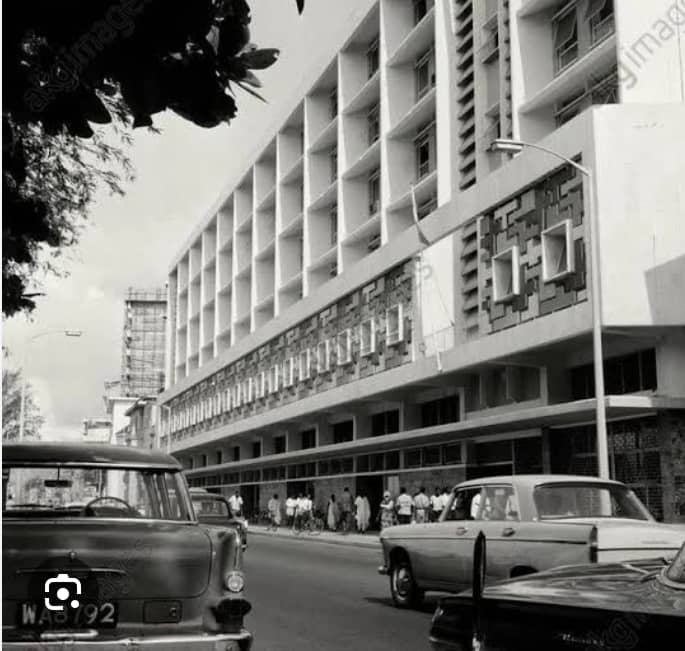

THE BIRTH OF COMMUNICATIONS: NIGERIA'S FIRST POST OFFICE
Oluwatobiloba Akinnate@oluwatobilobaakinnate677008
1 year ago
Information, from its conception, is known to be things that are or can be known about a given topic; communicable knowledge of something. It's an abstract figure that holds utmost power to those who seek and acquire it. Information is power, strengthening the human race regardless of class, color, gender, or age. It can't be seen, touched, or felt, but it can be acquired through various means, from mobile phones, television, satellites, radios, journals, magazines, newspapers, and leaflets.
The inability of a relatively average person to grasp and acquire information makes them ignorant and crude. But what space does information hold, and what's its significance if it's unable to circulate the atmosphere to reach the masses and the human race in general? Join me as we dive deep into the early stages of information and communication's inception in Nigeria.
Nigeria's first-ever post, referred to as "The General Post Office," at its conception in 1852, is situated in Badagry, Lagos State, Nigeria. Established by the British Colonial Authorities, its primary focus was facilitating communication between the British Colonial administration and the local population. It was considered an additional section of the British postal system and a branch of the London General Post Office until 1874.
At its early stages, it served as an establishment responsible for ensuring proper handling of mails, rendering both postal and payment services to the public, alongside included money orders and parcel post. However, by 1914, the first Nigerian postage stamps were introduced. After a long period of growth and development, additional post offices were established in Lagos, Abeokuta, and Ijebu-Ode. By 1960, Nigeria had over 1,000 post offices across the country, facilitating trade and commerce between Nigeria and Europe, enabling communication between citizens and the global community.
While this establishment was a major push for the economy, it had some hindrances and challenges that varied from slowed-down mail delivery due to limited roads and transportation networks, initial resistance from local rulers and communities, insufficient funding for post office operations, and communication difficulties from language barriers.
Some notable figures who helped contribute to addressing these challenges include:
- Sir John Glover, the first British Consul in Lagos
- Henry Vesey-Fitzgerald, the first Postmaster-General of Nigeria
- Sir Frederick Lugard (Governor-General of Nigeria, 1914-1919)
The establishment of this economic structure served as a gateway to the commencement of a new economic development age for Nigeria, as communication was issued on a wider spread, birthing an expansion to rural areas, modernizing postal services, and contributing to Nigeria's economic growth.
2. Help with adding images or illustrations?
3. Assistance with writing or research?
